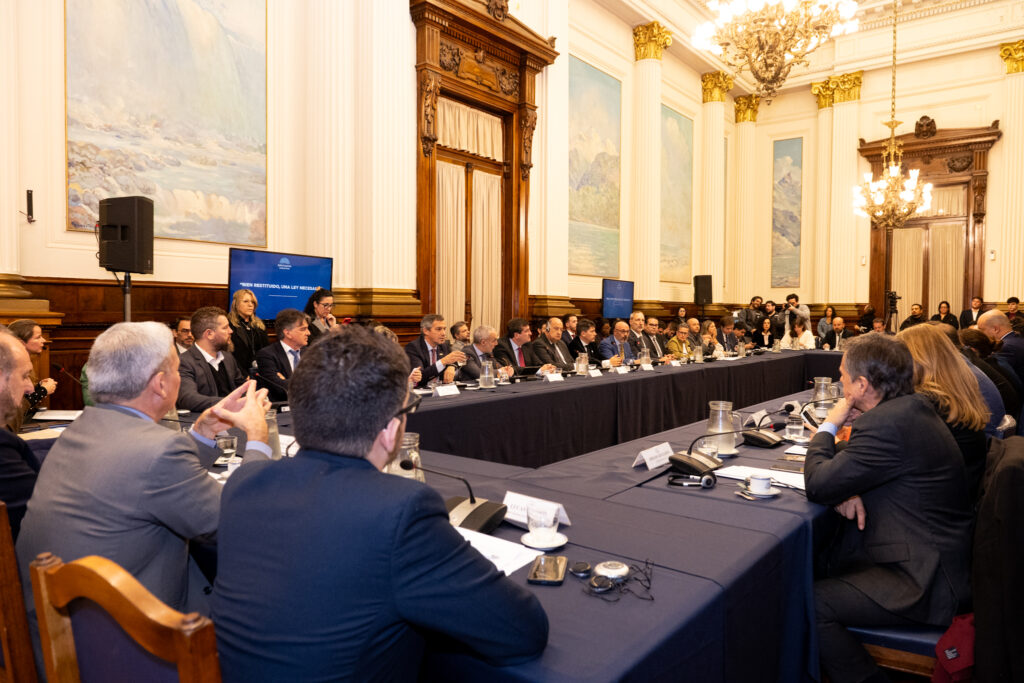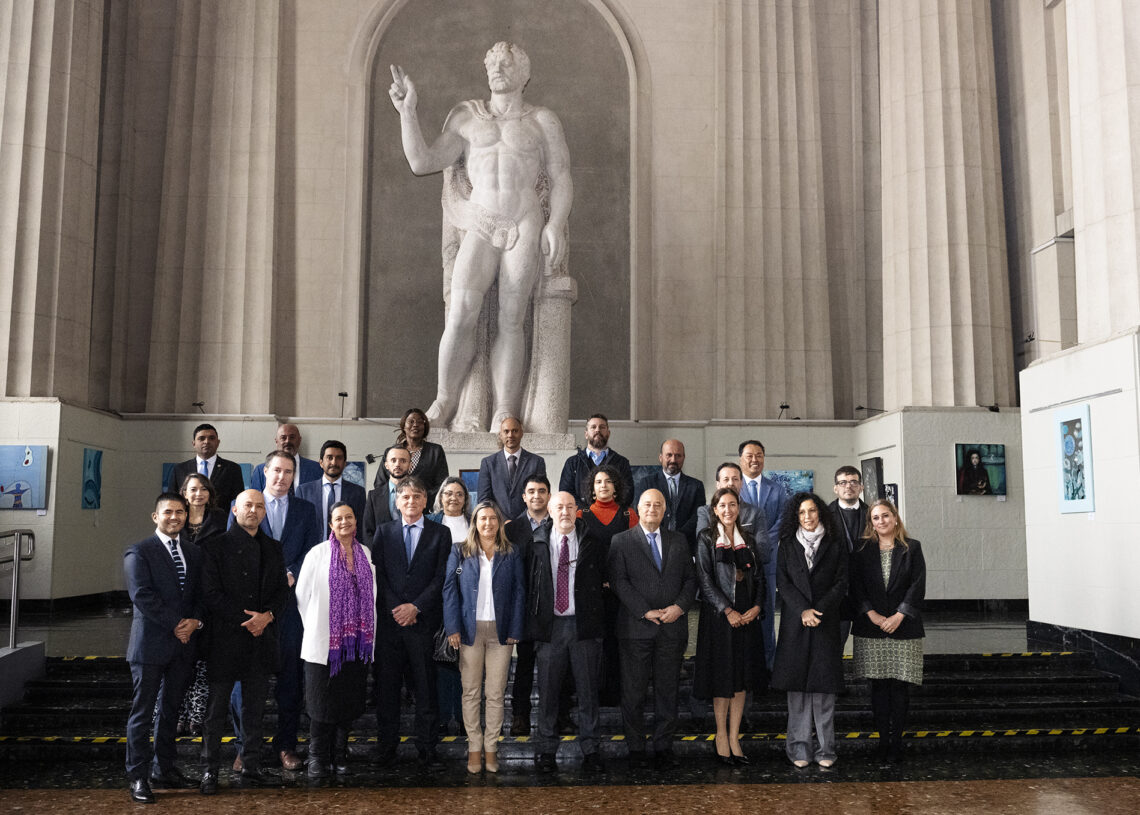Actions to combat organized crime are more effective when legal regulations include measures to attack illegally accumulated wealth. According to data from the Financial Action Task Force (GAFI), only 1% of illicit resources are recovered for the benefit of society.
For this reason, the COPOLAD III Program, oriented to the fight against drug trafficking, together with Bien Restituido, a European project that promotes the recovery of assets for social use, held an international seminar together with the Financial Action Task Force of Latin America (GAFILAT) on recovery, administration and destination for social and community use of assets confiscated from drug trafficking and organized crime.
Participants included the heads of agencies responsible for administering seized assets, police, prosecutors and judges, as well as agencies related to the subject from 14 Latin American and Caribbean countries (Argentina, Brazil, Chile, Colombia, Costa Rica, Dominican Republic, Ecuador, El Salvador, Honduras, Panama, Paraguay, Peru, Trinidad & Tobago and Uruguay), and 5 EU countries (Germany, Spain, France, Italy and Portugal), as well as civil society organizations from several countries that receive seized assets for social purposes.
Best Practices of Administrations and Civil Society
The activity began on Thursday morning with a technical dialogue between organizations involved in the administration and destination of seized assets in Latin America and Europe. The seminar continued in the afternoon with three conferences open to the public, which discussed the recovery, administration and disposal of confiscated assets, regulatory frameworks and experiences of social reuse of confiscated assets by states and civil society.

“In the European Union we are committed to international cooperation to tackle organized crime. That is why we created and financed COPOLAD. But the problem does not end with the confiscation of assets, and hence our decision to co-finance the “Bien Restituido” project, which could make Argentina the second country in the world to have a law on the confiscation of assets for social purposes. That the proceeds of organized
organized crime becomes a “common good” at the service of the communities affected by this problem. This is the true restorative justice that allows us to strengthen our democracies,” said the European Union Ambassador to Argentina, Amador Sánchez Rico.
Borja Díaz, from FIIAPP and director of the COPOLAD III/Program, emphasized: “The fight against drug trafficking must be accompanied by social action, which allows the recovery of territories damaged by the presence of organized crime, rebuilding trust between these territories and the State. The dedication of the seized assets to social and cultural purposes fulfills this objective”.
On Friday, May 31, a working group of international experts and deputies met at the National Congress to share experiences and collaborate on regulatory improvements.






